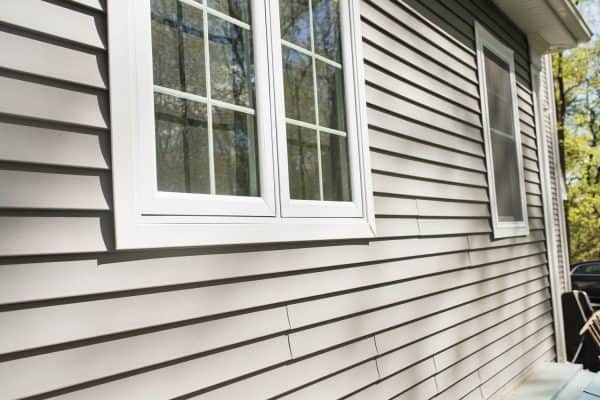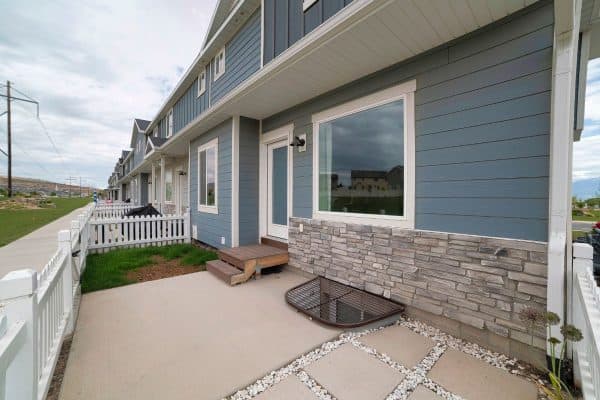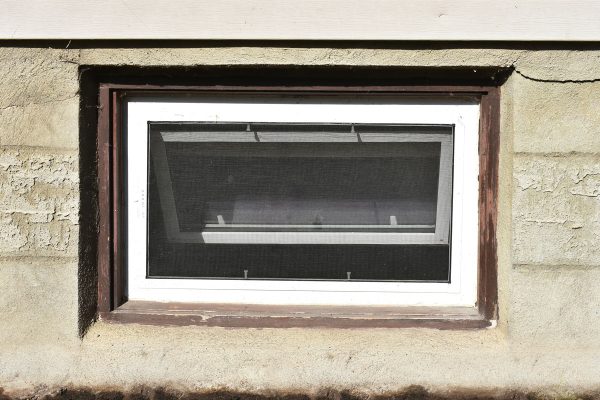Basements may have windows as egress points. Their location makes them prone to water and moisture problems so it's a good idea if these windows have sufficient protection against these factors. This begs the question if basement windows are waterproof. We asked the experts and here's their reply.
Basement windows, like other windows in your house, are designed to be water resistant and can prevent water penetration up to a certain degree. However, they are not waterproof and often require you to seal the gaps around them to prevent water from leaking from the windows into your basement.
Keep on reading to find out more about waterproofing your basement windows. We'll also talk about the common causes of basement window leaks and how to solve them. Let's get this started!
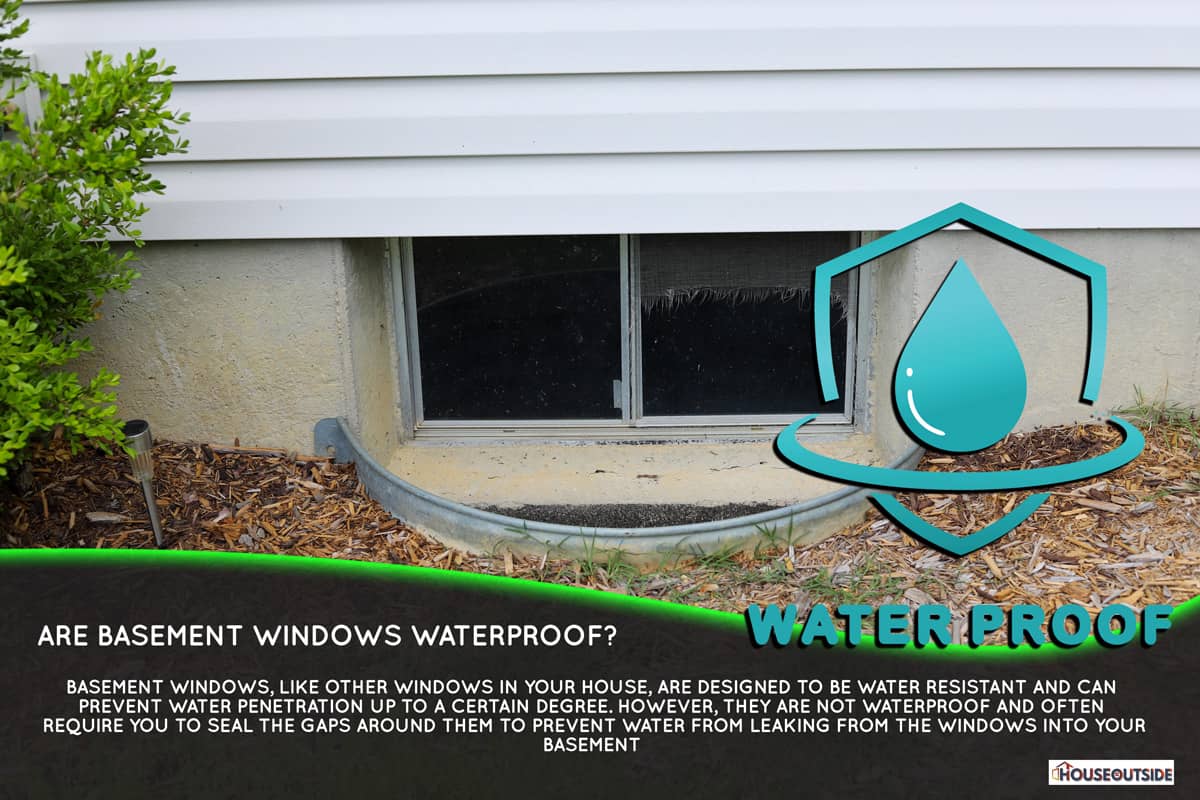
Water-resistant Basement Windows
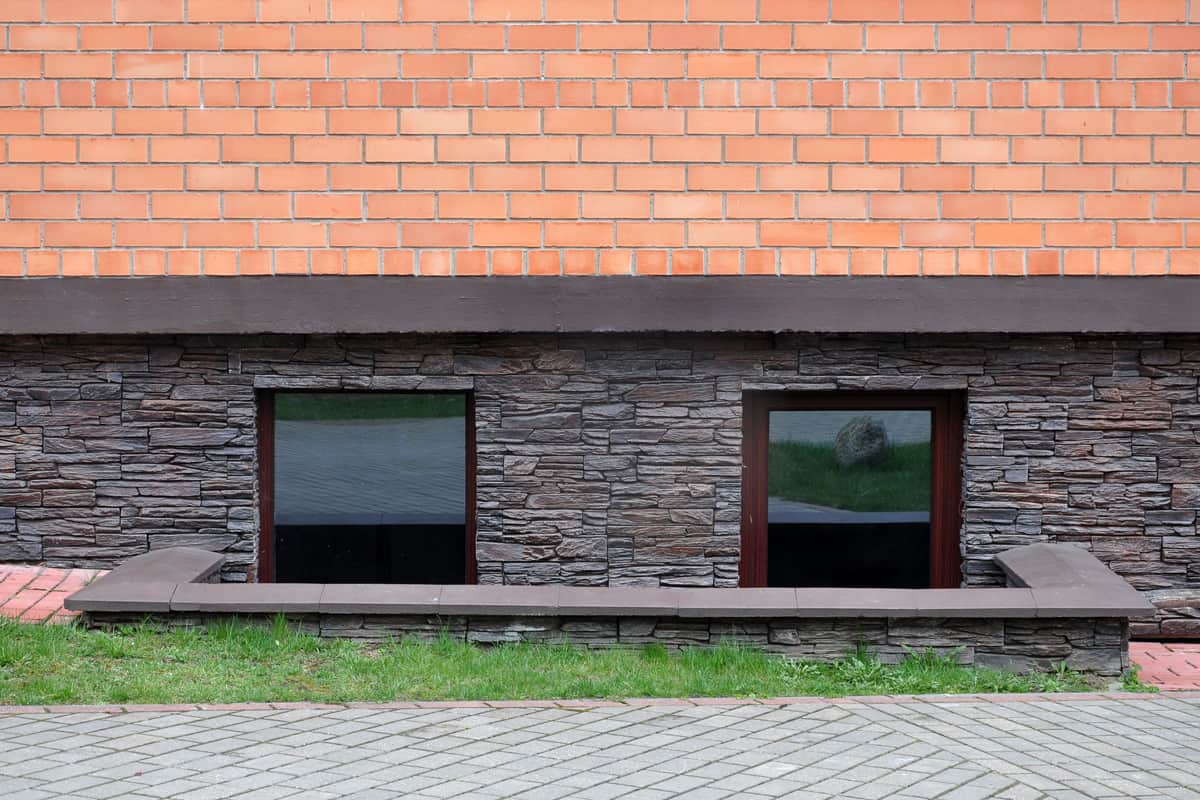
The basement is notoriously known for its susceptibility to water and moisture damage. Thus, wise homeowners know that they should invest in ways that would mitigate this risk. Otherwise, they're in for some costly repair and replacement sooner rather than later.
You want to make sure that every component is waterproof to get the highest level of protection against water and moisture. You have to choose the materials carefully with each one ideally being impermeable to water so that you won't have to deal with damage associated with it.
The openings in the wall should be tightly sealed to prevent water from seeping in. Putting up basement windows requires snug openings. And as experts always say, a leaking basement window is the most common cause of water and moisture damage in this part of the house.
There are different types of windows that you can use for your basement from casement and gliders to awning windows. The quality would depend on the manufacturer and the materials used. But it is safe to say that all windows are designed to be able to stand up to the elements and various external conditions.
They come with a certain level of water resistance so that they can help shield the house from rain and snow. However, they are not waterproof. Their materials will also suffer from wear and tear over time making them more vulnerable to water penetration.
That's why you need to waterproof your basement windows to prevent damage. A wet or damp basement could lead to mold and mildew growth and pest infestation. In turn, these would cause health problems and damage your walls, floors, furniture, and other stuff in the basement.
Be proactive in waterproofing your basement to avoid costly repairs, replacement, and health treatment.
What are the common causes of basement window leaks?
Now that you know that your basement windows aren't waterproof, it's time to understand the reasons why they would leak so that you can do what it takes to prevent further damage to your basement.
Clogging Issues
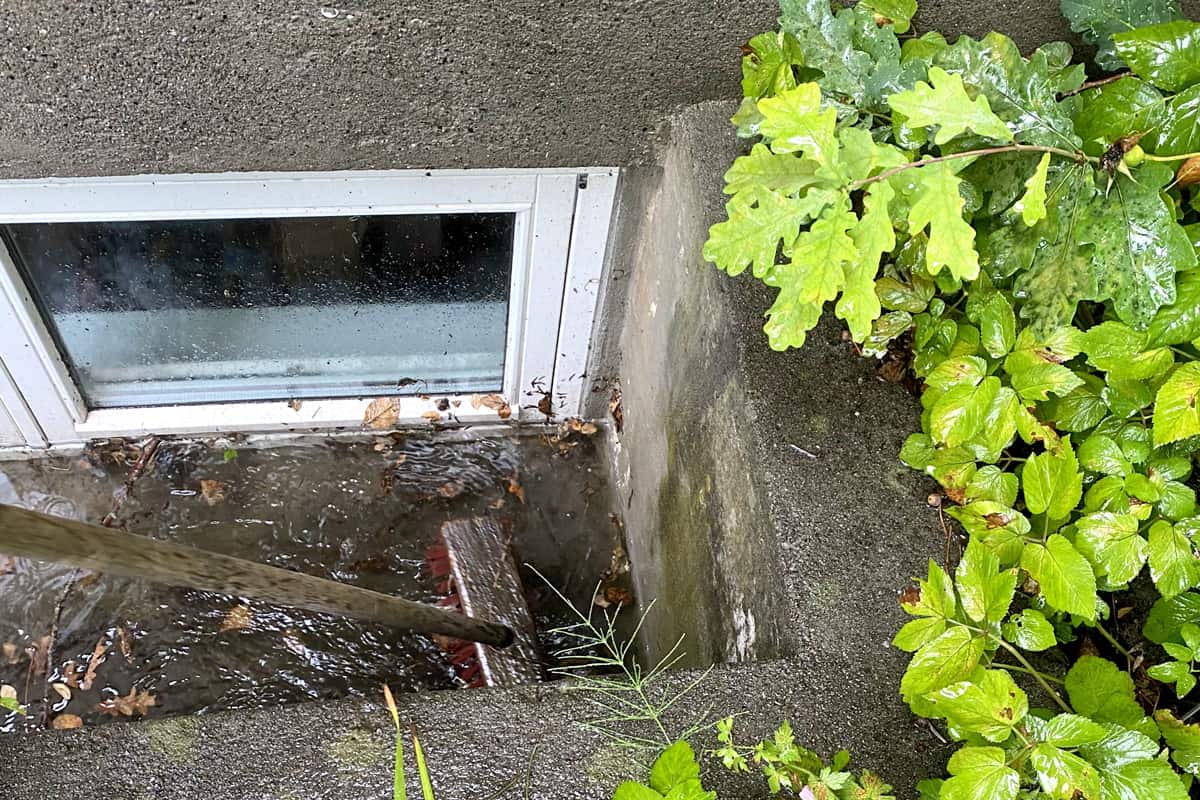
When the drain near your basement windows is clogged by large leaves, dirt, and debris, water won't be able to flow away from the windows. They will begin to accumulate until you realize that water has reached your windows that's why they are leaking.
Simply remove the particles that are getting in the way of proper drainage to solve this issue.
Improper Caulking
Caulking which isn't done properly will not be able to cover the gaps between the wall and window frame. This means that these joints are left open and water can seep through them.
Re-caulk and be mindful of the spaces that you need to cover. Make sure the applied caulk is thick enough. Smoothing it over the joints will help in sealing the gaps tightly.
Window Well Damage
The window well is supposed to shield your window from the elements. But when it gets damaged, that shield is broken leaving your windows vulnerable to external factors that can damage it such as rain and snow.
Replace the window well or its cover as needed so that it will continue to provide shelter to your basement windows.
Structural Cracks
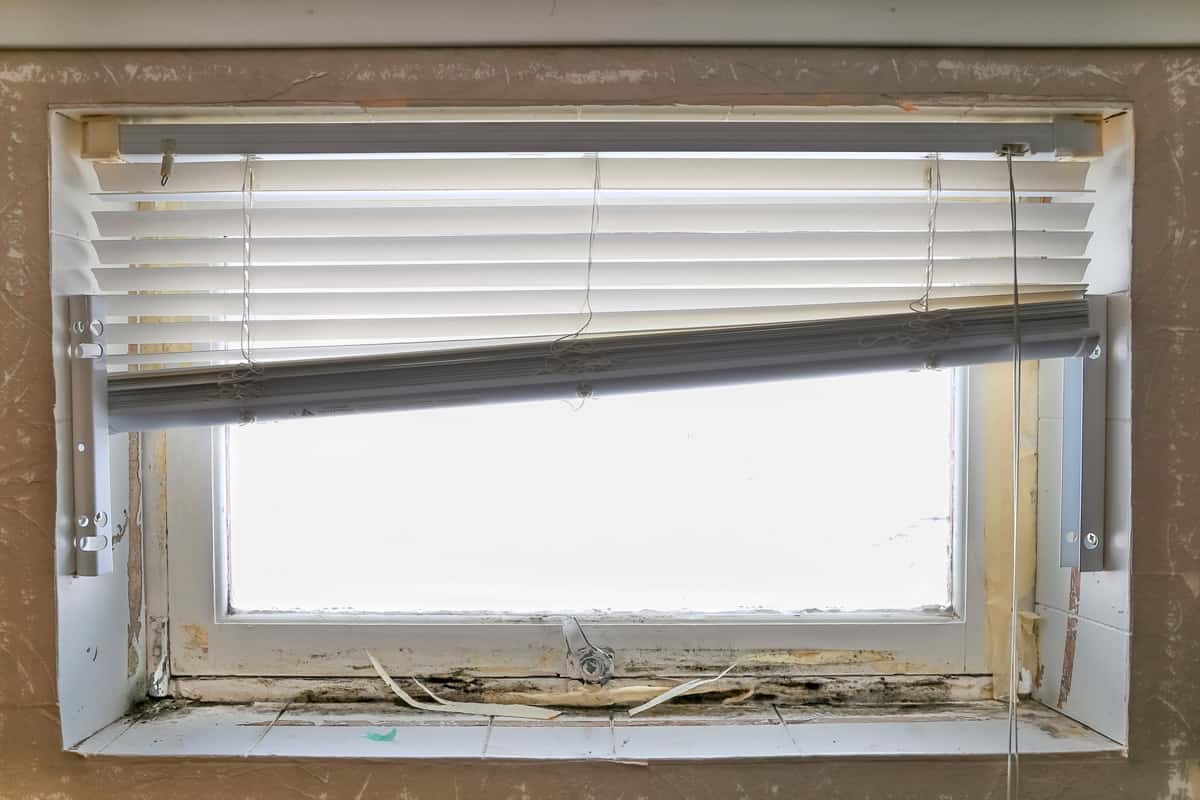
Moisture is caused by water seeping from porous foundation walls and floors. It can reach your windows when there are structural cracks along the walls. The gaps along the window frame will be new avenues for the moisture to pass through and get inside your basement.
Some cracks can be closed using sealants while some would require professional help depending on the extent of the damage.
Foundational Shifting
When the foundation of your house moves due to pressure in the soil, it causes different parts to be displaced. Commonly affected areas are the doors and windows. When the foundation shifts, the window can be damaged which could lead to cracks and gaps where water can enter your basement.
Talk to your contractor when you experience foundational shifting. They will inspect the extent of the damage and take appropriate steps to repair the damage. And of course, you need to get new windows for your basement.
Knowing why your window is leaking will help you resolve the situation. You will be able to stop mold and mildew growth and pest infestation that are usual culprits to the costly damage in your basement area.
How to Waterproof Your Basement Windows
There are different ways for you to protect your windows from water penetration to avert the damage that comes with it.
Caulking
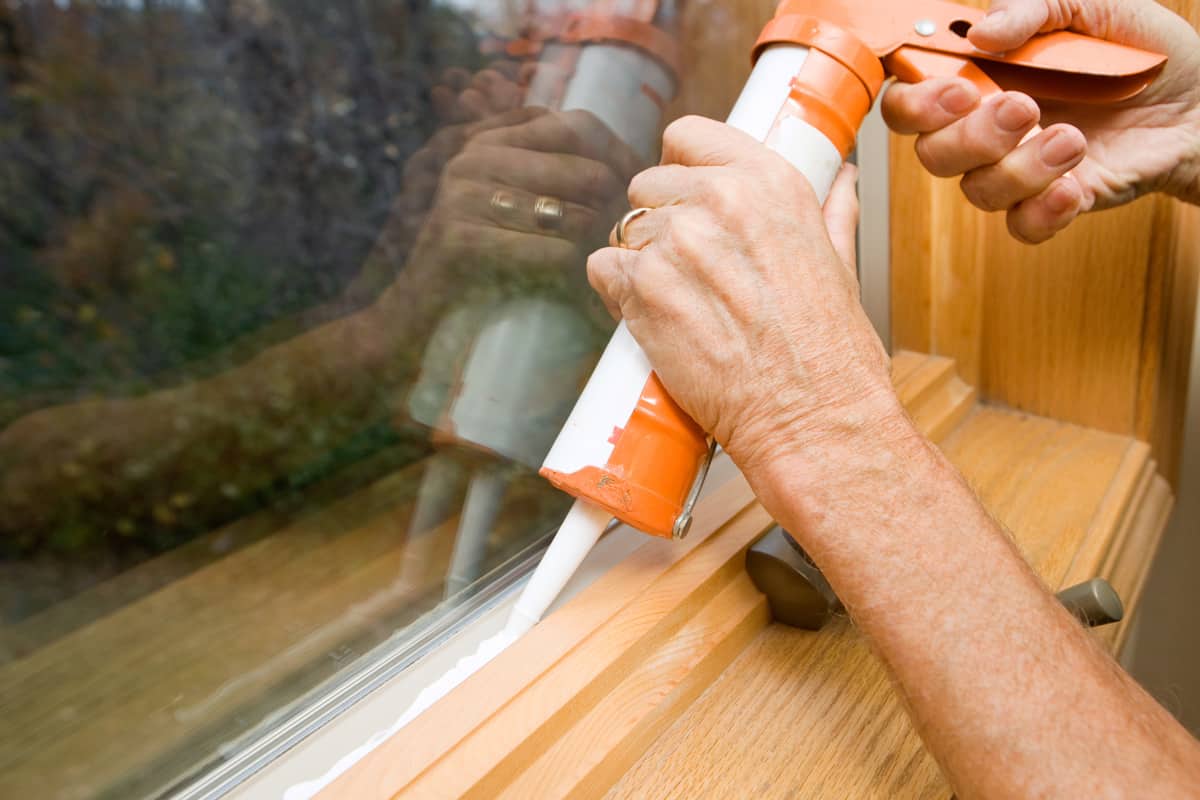
Sealing your egress windows will cover any gaps along its perimeter where water could possibly enter. Here's how to do it.
- Remove the old caulk from the window frame.
- Clean the sides from any dirt and dust as these could affect adhesion.
- Apply caulk at the point where your wall and window frame meet. Do this on the entire perimeter of your window.
- Smoothen the caulk using a stick or the back of a spoon.
- Wipe off the excess caulk on the sides.
Remember, caulk will also wear off over time so you need to re-caulk your windows when you notice signs that there's leaking along the sides of your windows.
Window Well
Installing a window well will further protect your windows from the elements. It will act like a shield from water and moisture so they don't get in contact with the windows.
Choose heavy-duty translucent material like plastic for your window well. This will allow you to receive more natural light in your basement while still giving your windows enough protection from water damage.
You can also put covers on your window well to prevent water from coming in. It'll also keep off dirt, dust, debris, and other unwanted particles.
Check out this window well cover on Amazon.
Proper Grading
Keep the water off your basement by ensuring that there's proper land grading. Check to see if the slope is directed away from the house so as not to cause pooled water in the basement or worse, flooding.
New Windows
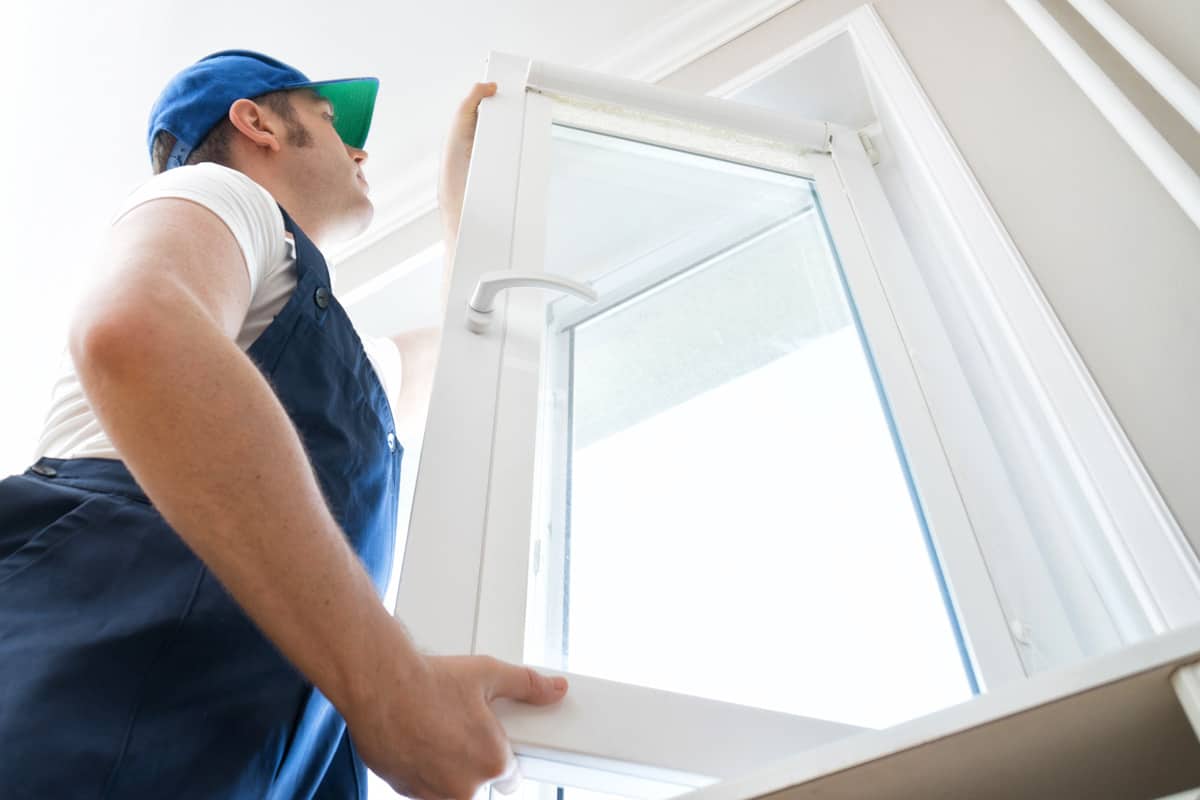
If it has been years since you've installed your basement windows and they're showing signs of wear and tear already, it's time to have them replaced.
There are lots of options to choose from as manufacturers of modern windows take into account the changing needs of homeowners. They have designed basement windows to be more responsive to the usual conditions encountered in this part of the house.
These are just some of the ways for you to waterproof your basement windows. You can also seek professional advice if you've been consistently experiencing leaks in your window.
Final Thoughts
Your basement windows aren't waterproof so it's best to reinforce their capability to prevent water and moisture from entering your basement by sealing any gaps and cracks along the window frame, window well, and walls.
If you found this article helpful, you might also want to read the following resources about windows:



